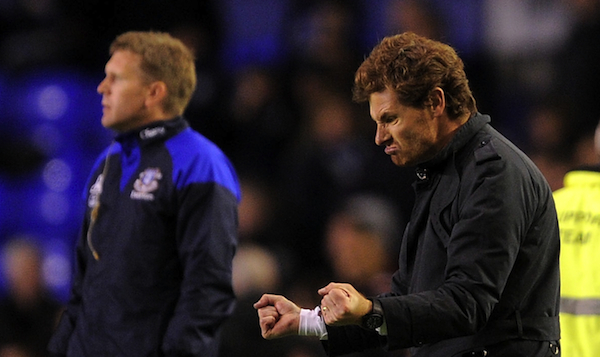 Researchers at the MPI for Psycholinguistics and the MPI for Evolutionary Anthropology have set out to answer the question, does our understanding of emotions depend on the language we speak, or is our perception the same regardless of language and culture?
Researchers at the MPI for Psycholinguistics and the MPI for Evolutionary Anthropology have set out to answer the question, does our understanding of emotions depend on the language we speak, or is our perception the same regardless of language and culture?
ScienceDaily reports on Understanding Emotions without Language. This new study, which suggests that emotions evolved as a set of basic human mechanisms, compared speakers of German to speakers of Yucatec Maya, which has only one word for the emotions of disgust and anger.
“Earlier research has found that people who have different words for two emotions do better on this task when the dominant emotion in the two photographs is different, like when one is mainly angry and the other one is mainly disgusted,” explains Disa Sauter. “But is this because they internally label the faces angry and disgusted, or is it because emotions are processed by basic human mechanisms that have categories like anger and disgust regardless of whether we have words for those feelings?”
The studies results were published in Emotion a journal of the APA. “Our results show that understanding emotional signals is not based on the words you have in your language to describe emotions,” Sauter says. “Instead, our findings support the view that emotions have evolved as a set of basic human mechanisms…”
 There are many reasons in our fast paced world to be socially connected to a plethora of people. But is is really as beneficial as we think? Past research has shown that feeling socially connected is both physically and emotionally good for you.
There are many reasons in our fast paced world to be socially connected to a plethora of people. But is is really as beneficial as we think? Past research has shown that feeling socially connected is both physically and emotionally good for you. Photos: Getty
Photos: Getty